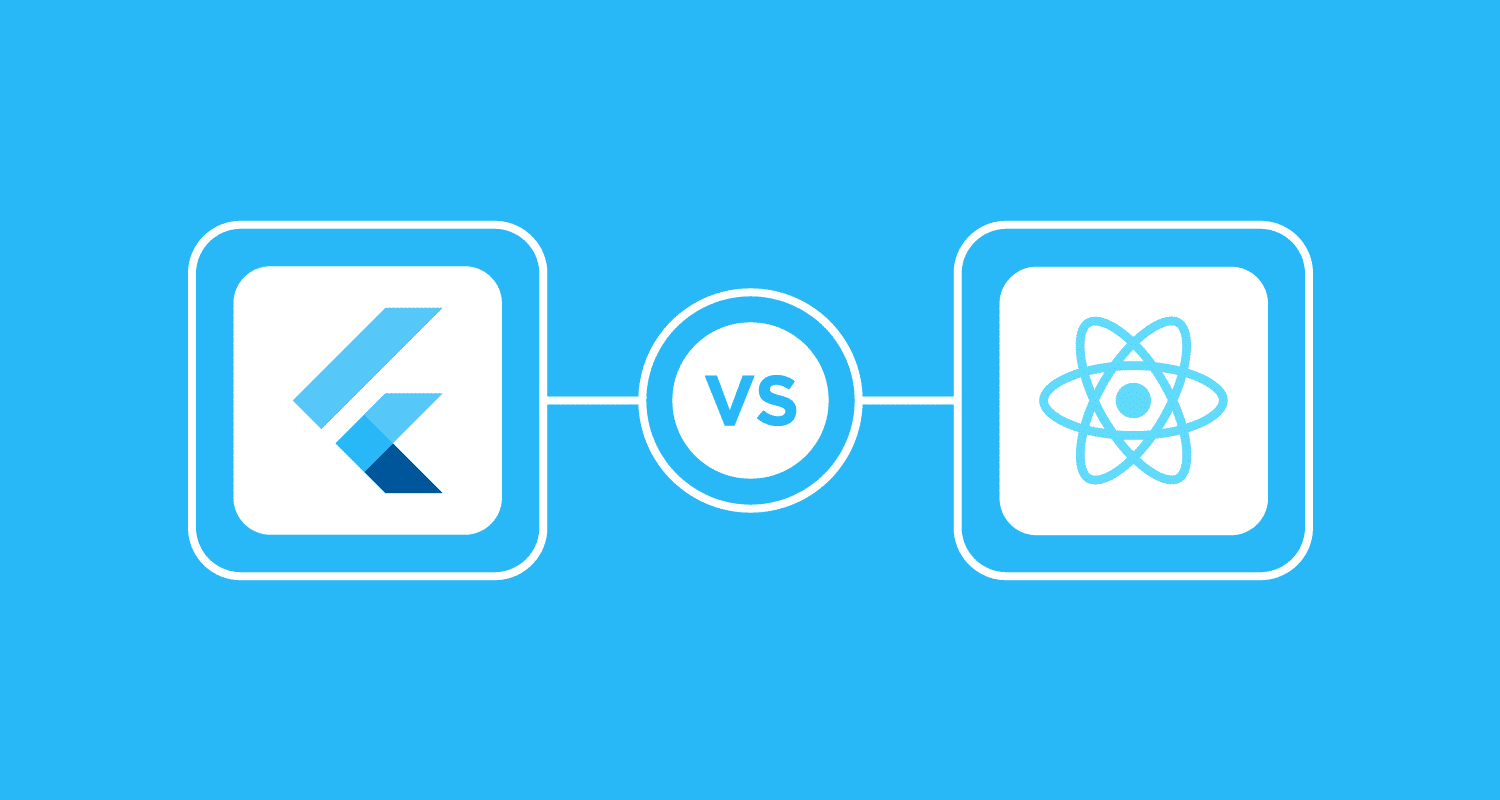With a constantly growing mobile application market and the increasing number of smartphone subscriptions, which exceeded 6 billion, according to Statista, it’s essential for businesses that want to be successful to ensure their mobile presence. That’s why mobile application development services are also growing in demand. And especially cross-platform app development that allows businesses to get two birds with one stone: offer their products and services to both Android and iOS audiences.
Cross-platform apps can be developed with different technologies, and the most frequent question a business can face regarding this issue is which technology suits their needs most. This post will look at two popular frameworks – Flutter and React Native. It will help you to understand which one is best for your project.
The Popularity of React Native and Flutter Frameworks
There are numerous technologies for cross–platform app development you can choose from, including Ionic, Cordova, Xamarine, NativeScript, etc. However, these are precisely Flutter and React Native, which are used more than any others, and for good reasons. The popularity of these frameworks is proved by the Stack Overflow report on cross-platform mobile framework usage and its dynamics in the last three years, Google Trends data, the GitHub Ranking system, and other trusted sources.
Being ranked as the primary tools for cross-platform app development, the frameworks still have a lot of differences. So to clarify what is what, let’s look at the advantages and disadvantages of each.
Advantages and Disadvantages of Using Flutter
So, what are the reasons Flutter is so popular? For sure, the framework offers businesses a range of advantages.
- Flutter allows keeping the same UI and business logic across all platforms, in this way saving developer time and effort and positively affecting your development budget.
- Flutter is famous not just among businesses choosing it as a technology for their projects but also among developers. So there is a broad talent pool, and you can always be sure to find engineers for your project.
- Backed by Google, the technology is constantly developing and improving, which is a great benefit for your business and a guarantee that your app will align with the latest tech requirements.
But together with advantages, Flutter also has some pitfalls.
- It’s harder to learn compared to other technologies.
- Updates to iOS and Android lead to the need for the Google team to draw the UI components: it takes time, and usually, they are not working 100% well from the very beginning.
Advantages and Disadvantages of Using React
Now let’s see what the grounds for React Native popularity for cross-platform app development are.
- First of all, the technology is backed by Facebook, which ensures the up-to-date state of its products.
- Secondly, it’s correlated to the popularity of JavaScript. Such ties between technologies can make you confident of finding developers whenever you need them.
- React Native allows really rapid development so that you can receive your MVP or POC in the shortest time possible and then test the audience to find out how to tailor your product to their actual needs.
When it comes to the disadvantages of the framework, they are the following:
- It’s not the best choice for the development of gaming apps.
- You shouldn’t choose this framework if your app is supposed to have a complex UI.
Which One Suits Your Needs Most: React Native or Flutter?
While both technologies perfectly align with cross-platform development needs and can be used for the creation of social networks, streaming platforms, shops, service applications such as delivery apps, and so on, you can base your choice on the availability of developers and experience of using platforms based on these techs.
- For Flutter, these are Alibaba, eBay, and Google Pay, among others.
- For React Native, these are Instagram, Salesforce, Pinterest, Uber Eats, Skype, and Tesla, among many others.
Just know that regardless of the framework you choose, the most important thing affecting your overall project and product success is the expertise and experience of those who will develop the application you need. So finding a trusted technology provider or ensuring that developers working in your in-house team are well-qualified is a must.
